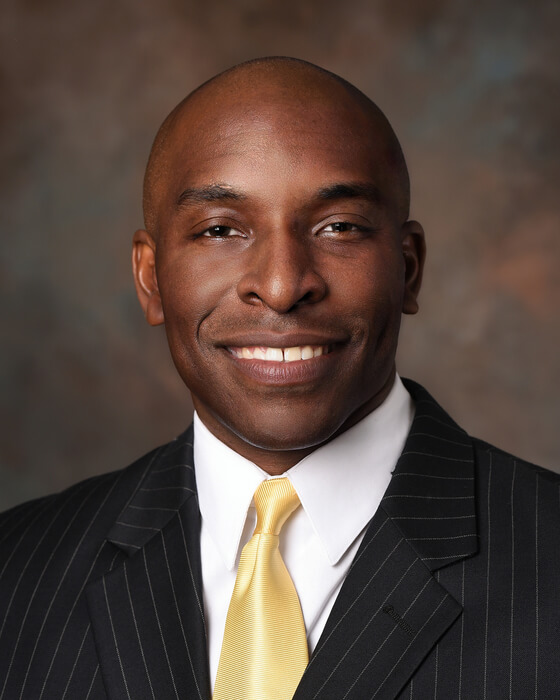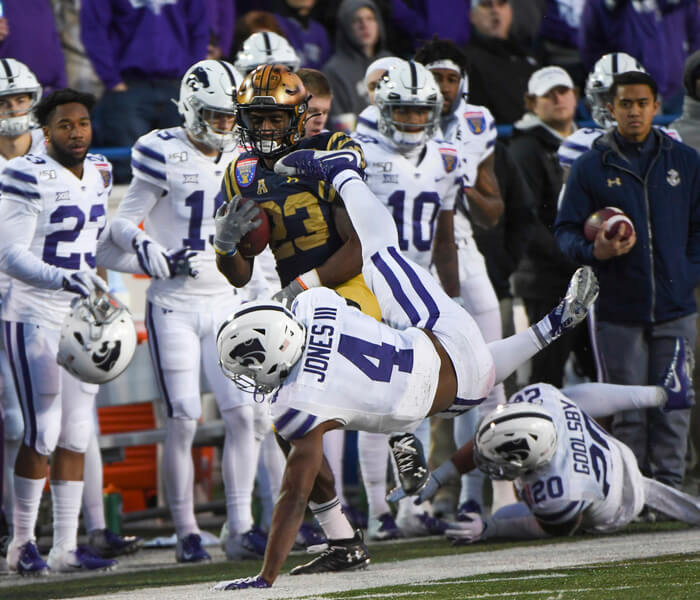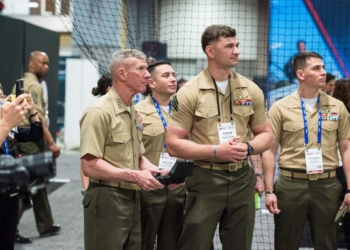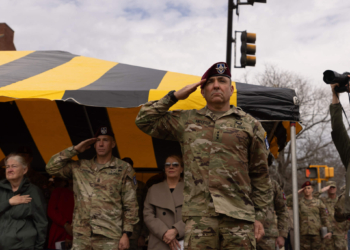After George Floyd’s death ignited international protests and calls for police reform, Navy football coach Ken Niumatalolo’s older son asked him whether he planned to do anything.
That simple inquiry from Ali’i Niumatalolo, a senior tight end at the University of Utah, has no easy answers. The elder Niumatalolo was not sure. Given the limited shelf life of most social-media outrage, he wanted something more long-lasting.
But what?
“I wanted to help my players,’’ Niumatalolo said. “I wanted to help them voice their opinion. How can we help them, and how can we do change?’’
That desire led to the formation of the Players Council for Racial Inequality in June. Assistant coach R.B. Green was appointed as the team’s first director of racial equality, and nine players joined the council. One Black, one white and one biracial player or player from another race were chosen from Navy’s senior, junior and sophomore classes.
“A lot of people, they get on the defensive when you’re attacking their experiences and their beliefs, but if you can get them to just take the time to listen, decide and be open-minded, that’s what I would like to see,’’ said senior slotback Myles Fells, a council member.
The council, which meets regularly, is encouraging every player on the Midshipmen’s football team to register to vote. It is advocating for changes in the Navy’s curriculum to help better reflect the Black experience in America.
The council also recently participated in a roundtable discussion with police departments close to the academy’s campus in Annapolis, Maryland.
“They were interested in learning [about] the challenges we have with training,’’ said Michael Sullivan, a deputy commissioner in the Baltimore Police Department who attended the meeting. “What were our views on the ‘defund the police’ movement? What are our thoughts on police reform? We had really good conversations about that.’’
Green retired from the Marines in 2017 as a lieutenant colonel.
“The military is going to be different after George Floyd, so how do [these] grown men and women handle racial tension?’’ Green said. “How do they handle people who protest? Those issues need to be addressed before they go out into the military.’’

Green said Floyd’s death in late May — the 46-year-old Black man died after a Minneapolis police officer kneeled on his neck for nearly nine minutes — is the third chance for America to experience real racial progress. The first was after Abraham Lincoln signed the Emancipation Proclamation in 1863, and the second followed the passage of the Civil Rights Act in 1964, he said.
“We haven’t seen this level of support from white America as we see now,’’ Green said.
Fells, who is Black, has felt that from other Midshipmen.
He said several white players have asked about his experiences. Fells could tell them about the time that he was in middle school in Arkansas and attended a cousin’s birthday party. They left to play basketball, and as they played, Fells said police watched them the entire time.

If not that, Fells might mention when he said he was stopped in his car while returning from a football scrimmage. He said several police officers surrounded him, flashlights shining everywhere.
“You get this uneasy feeling,’’ said Fells, who was in ninth or 10th grade then. “It just puts you on edge as a 15-year-old.’’
Or maybe Fells might mention one name: Trayvon Martin. The 17-year-old Martin was not much older than Fells when he was shot to death during a confrontation with a neighborhood watchman near Orlando in 2012. Martin was unarmed.
Fells never forgets that could have been him.
“If you know better, you can do better, but you can’t know if you’re not listening,’’ he said.
Read comments






































